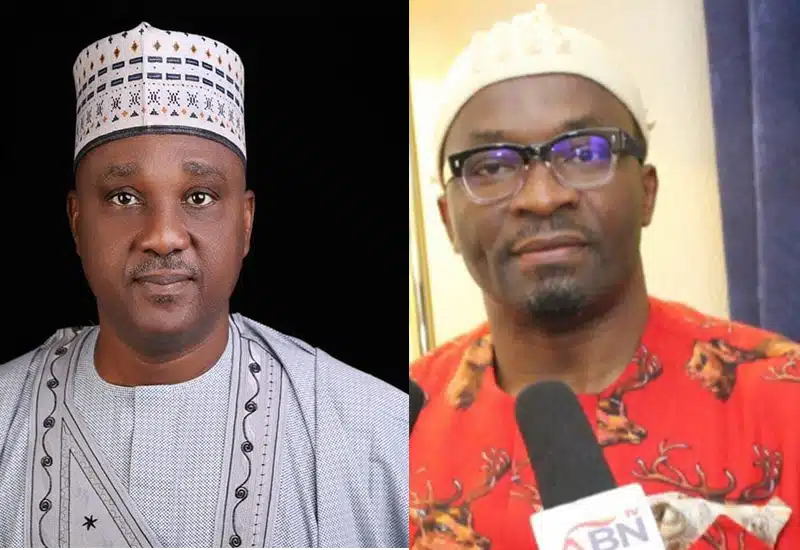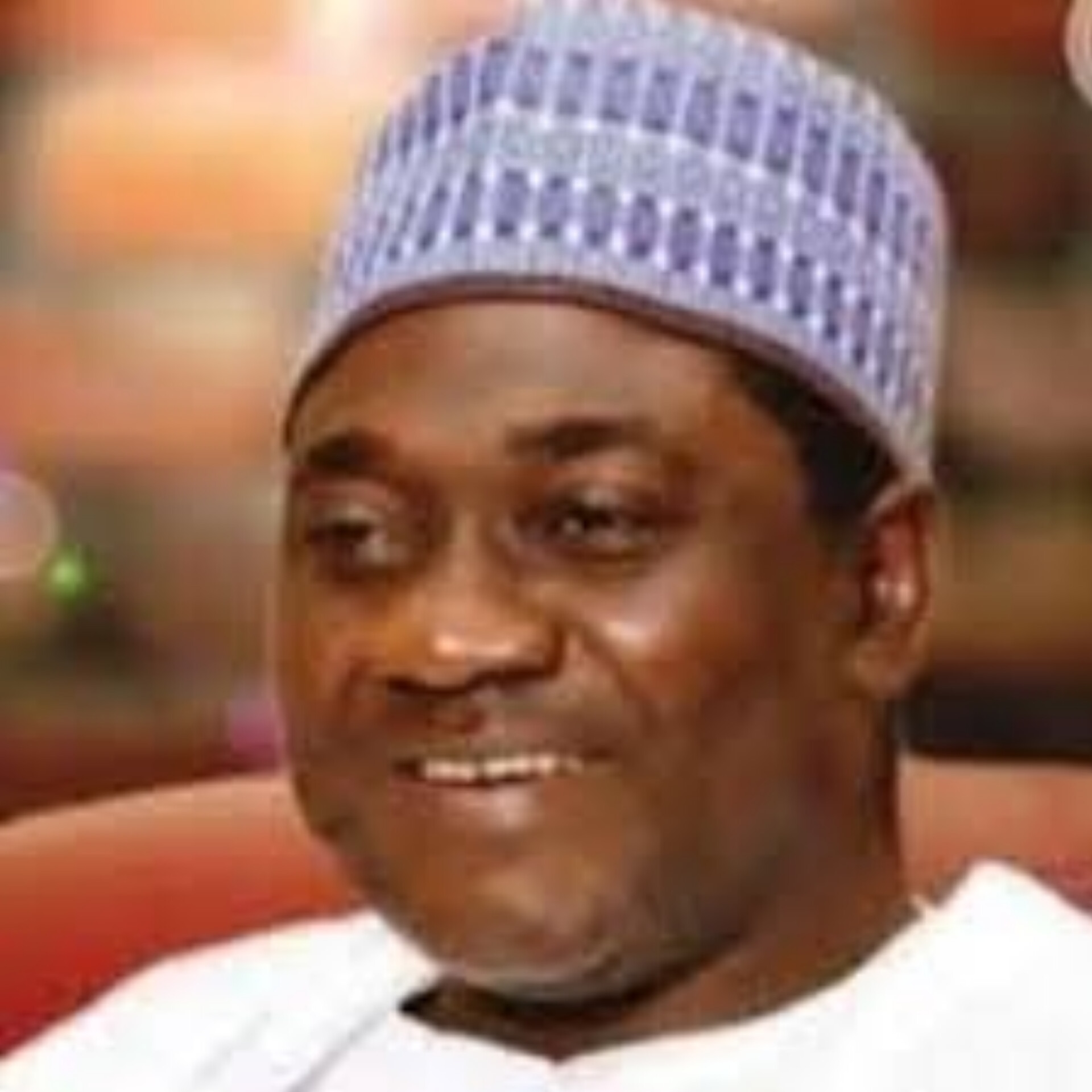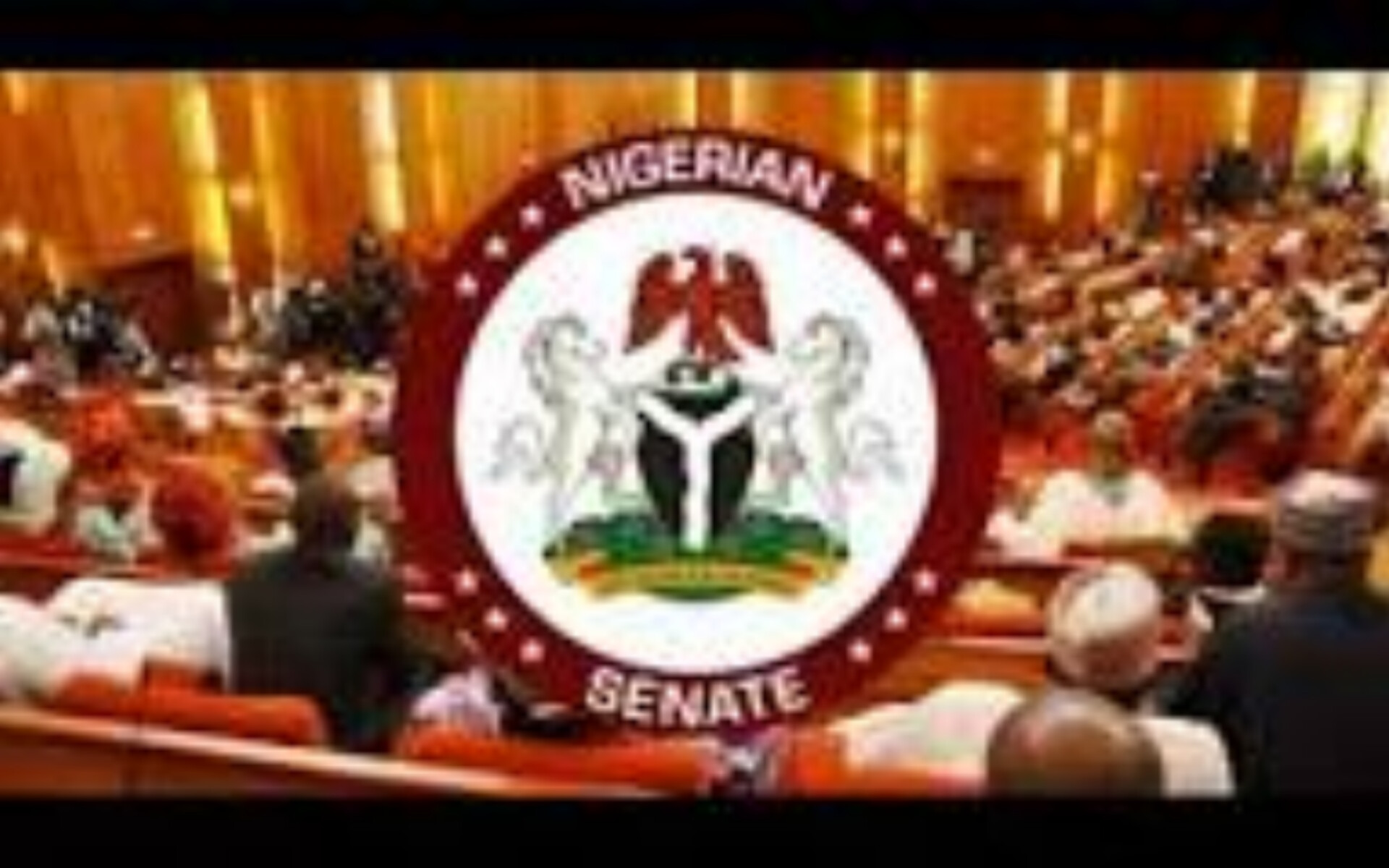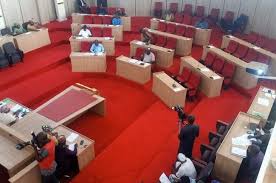***Insists it will deliver Abbas, Kalu as Speaker, Deputy
The delivery of Tajudeen Abbas and Benjamin Kalu as Speaker and Deputy Speaker respectively, will have a smooth sail on the day of inauguration on June 13, 2023, the Joint Task Coalition of the incoming 10th National Assembly has indicated
The Coalition that is made up of the 8 political parties (APC, PDP, LP, NNPP, APGA, SDP, ADC and YPP) that won various seats in the incoming 10th National Assembly at the just concluded February 25 general elections resolved to work together with a view to implementing the APC zoning arrangement and prevent any form of rebellion within the House against the ruling party and its incoming administration.

Consequently, the group has since backed the nomination of Abbas and Kalu by the ruling All Progressives Congress (APC) as its preferred candidates for the offices, just as it is also seeking to promote cooperation between the legislature and executive, amongst others.
Speaking on behalf of the group on an Arise TV programme titled “This Week” monitored in Abuja, its secretary a returning member-elect from Kano State, Hon. Aliyu Sani Madaki said the members have resolved to give a block vote, adding that the G7, a group of other aggrieved aspirants poses no threat whatsoever to them, saying it would soon fizzle out.
He said: “If you look at it, the Joint Task itself is a kind of gang up. I’m from NNPP, the co-chair (Chinda) is a PDP member, the Chairman is of the APC. A few days back, a greater chunk of the opposition came together and endorsed Abass. I can bet you the 10th Assembly intends to work as a group and on that day, we will work as a group and speak as one.
“By the time we finish this interview, they could become G2 or G1, these are all people I know who are my friends and who are qualified to be Speaker but, we can only have one Speaker at a time. And the best amongst all is Hon. Tajudeen Abbas,” he declared.
Madaki also said that the stepping down of the trio of the outgoing leader of the 9th Assembly, Hon. Ado Doguwa, Hon. Abdulraheem Olawuyi and and Hon. Makki Abubakar Yalleman was a needed boost to their campaign.
The highly outspoken lawmaker added that the country needed the best hand at the national parliament to effectively drive the machinery of governance.
He also revealed that they from the NNPP have the blessings of the party’s leader, Senator Rabiu Musa Kwankwaso to support Abbas.
“On three contestants stepping down for Tajudeen Abbas, that should not come as a surprise to Nigerians. That’s part of politics and politicking, I believe that’s good for our democracy. We at the Joint Task-10th Assembly Coalition believe that we should have a very robust democracy and rancour free House of Representatives where our main concern, main focus should be the well-being of the Nigerian citizen, and how to do it is to select leaders based on competence, intellect, capacity. We believe if that’s done irrespective of party, we will have an Assembly that Nigerians will be proud of.
“As at now, it’s not about having a working relationship between the APC and the NNPP. It’s about having a National Assembly that will work for Nigerians irrespective of tribe, religion or whatever differences we have in this country.
“If we don’t have his (Kwankwaso) blessings, you won’t see myself and other members being in the Joint Task.
“For this country to move forward, we have to do away with all these sentiments and pick the best from amongst ourselves. The Joint Task wants to do what’s obtainable everywhere.
“The best practice in democracies is that the party with majority of members in that Assembly is allowed to pick who will be the presiding officers.
“But in allowing the party, we at the Joint Task decided to have certain criteria, and those are: what’s your level of intellect, your contribution to the House? Abass Tajudeen, if you look at his resume, you will see he has brought 74 bills, and 21 of them have been assented to by President Muhammadu Buhari. That’s not a small feat. I have been in the parliament for eight years, I have only one bill to my name, although in the Eighth Assembly, I have the highest number of motions”, he said.
The Secretary of the Joint Task Team however disagreed with those who ascribed unpopularity to the person of Abbas, describing it as an “indictment on them” to say that a lawmaker who sponsored over 74 bills and got 21 of them assented by the President was not known amongst his contemporaries.
Madaki who vouched the credibility, intellectuality and comportment of Abbas, said he remains the most competent to lead the 10th House.
“I beg to disagree, what’s the process of getting your bill assented to? It goes for first, second readings, then public hearing and third reading to get it passed. If you have 21 bills in an Assembly, any member in that Assembly claims not to know that person, that means that member doesn’t go to sittings. That will be a very big indictment on that member. Maybe, his statement is part of politicking.
“He has the comportment to handle issues in the House. I have known him for eight years and I can attest to the fact that he’s somebody who can tolerate a lot of things. He’s willing to listen, he’s total level of comportment is very suitable for a Speaker of House of Representatives.
“Abass was a primary school teacher, a lecturer, was a manager at British-Nigeria Tobacco Company. He’s a member of House of Representatives from 2011 till date. That alone tells you that he must have come to the place with something which makes his constituents elect him three times. Currently, he’s the Chairman Committee on Land Transport and he’s a Ph.D holder and he has 21 bills assented to by Mr. President”, Madaki said.
The lawmaker also denied speculations in many quarters that Abbas was a project of the outgoing House Speaker, Femi Gbajabiamila, as well as APC’s compensatory measure to the contributions of the outgoing Governor of Kaduna State, Nasir El-Rufai.
In his opinion, the aspirant’s lofty ideals, patriotism and qualifications distinguished him from others.
“Why didn’t El-Rufai give it to any other member in Kaduna? They have 16 members from the state, why Tajudeen? Because he felt he has the intellect. To have any bill passed you must have a good working relationship with your colleagues. If members don’t like you, your bills won’t see the light of day. And it’s not true that the zoning is a compensation to El-Rufai. The main person who brought the idea that Tajudeen should contest for Speakership is the vice chairman of his committee not Gbajabiamila. The Speaker was sold into the issue by members especially Tajudeen’s Deputy Chairman. And let me tell you something about the House of Representatives, if you’re Chairman of a committee, your biggest enemy is your Deputy. They don’t see eye-to-eye. So, for Abass because of his character and attitude his Deputy Chairman started this whole thing. He’s a man that will deliver”, Madaki said.




